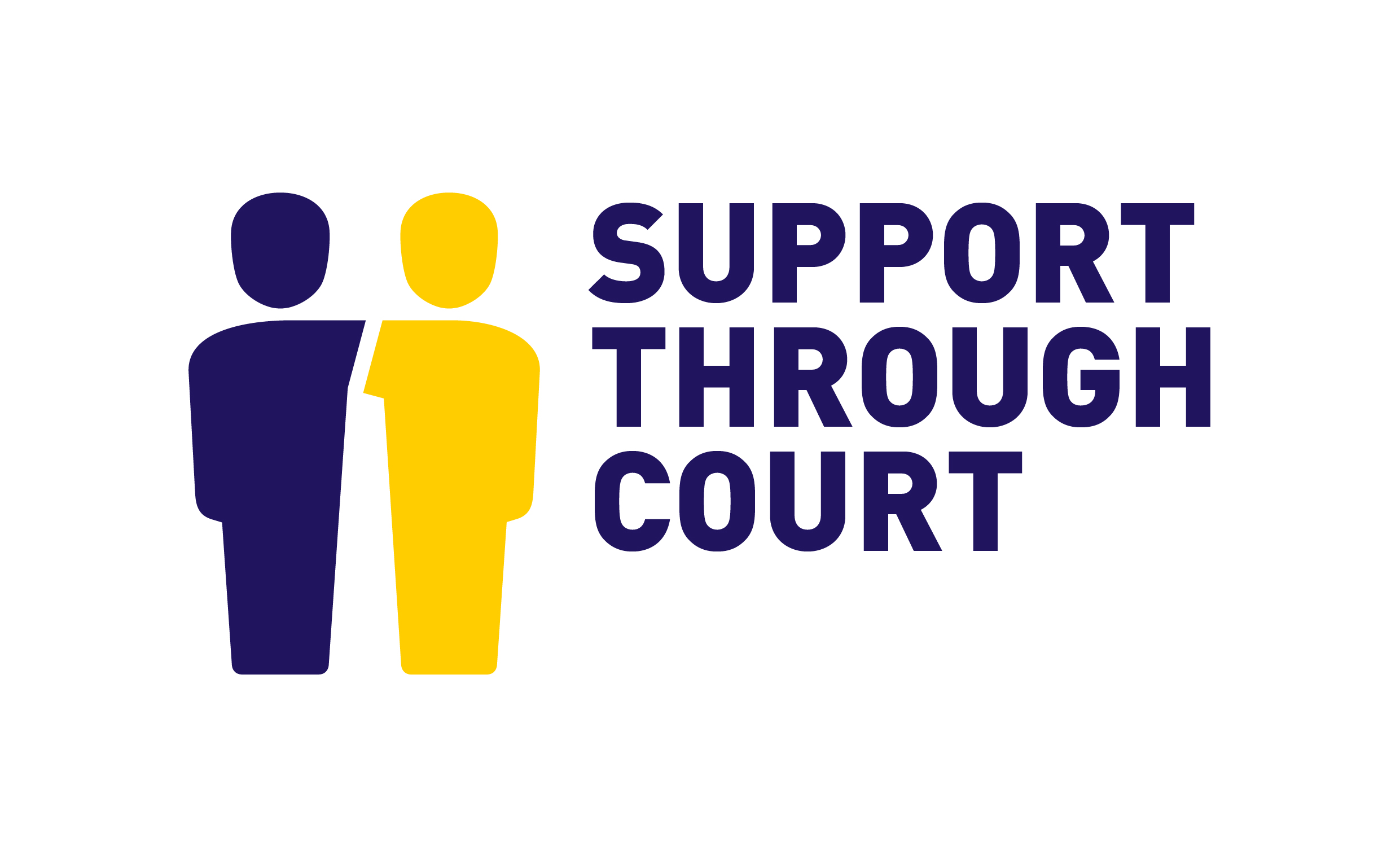
Law school partners with charity to give free assistance to litigants in need
St Mary’s School of Law has formed a partnership with national charity Support Through Court, which provides free practical and emotional help to people who cannot afford vital legal services or access legal aid.
The partnership will enable Support Through Court to continue its work in London, at the Royal Courts of Justice and Central Family Court, with students contributing to the charity’s work. This will increase Support Through Court’s capacity to help those navigating the court system without legal representation.
Students from St Mary’s will have the opportunity to gain practical work experience through the partnership, through a telephone service, face-to-face appointments, and attending court hearings.
Emma Taylor, chief executive officer at Support Through Court, said: ‘The rising cost of living means that our support is needed more than ever before, whilst also making our services harder to deliver without new partnerships and supporters.
‘We look forward to working with the university to provide practical and emotional support to more people going through court alone as litigants in person. By working in partnership, we can ensure more people have access to justice.’
Charley Dugdale, subject lead for partnerships at St Mary’s School of Law, said: ‘This collaboration not only supports students’ academic journey, but also helps to foster a sense of social responsibility, supporting members of the local community through the complexities of the court system.’









